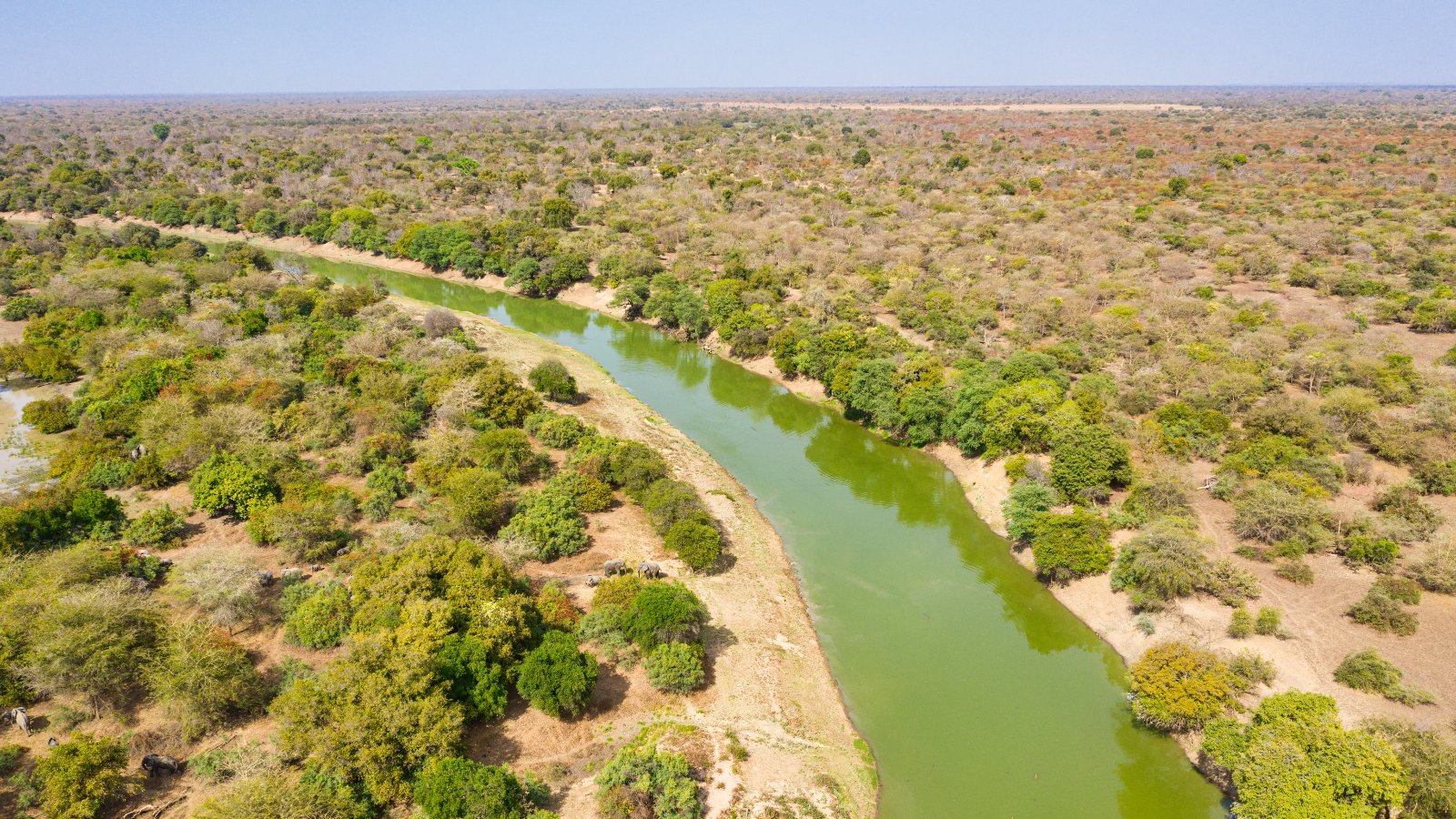QUICK FACTS
The place is it? Lake Iro, Chad [10.10150087, 19.41766527]
What’s within the picture? Daylight reflecting off the lake and the encompassing river
Who took the picture? An unnamed astronaut on board the Worldwide Area Station (ISS)
When was it taken? Dec. 21, 2024
This gorgeous astronaut picture reveals a uncommon phenomenon, often called a “sunglint”, reworking a possible meteor crater lake into a large silver mirror within the coronary heart of Africa.
Lake Iro, identified domestically as Lac Iro, is an roughly 7-mile-wide (12 kilometers) physique of water in Chad, situated round 60 miles (100 km) north of the nation’s border with the Central African Republic. The lake lies within the coronary heart of Africa’s Sahel area — an in depth savannah that separates the Sahara Desert and the rainforests of Central Africa.
Iro is partly surrounded by Bahr Salamat, a roughly 125-mile-long (200 km) waterway that splits and feeds into the lake. The river is famend for being exceptionally windy, particularly the place it bends round Iro’s southern shore, in keeping with NASA’s Earth Observatory.
The lake and enormous sections of the river shine brightly within the picture as daylight displays off their watery surfaces, giving them a metallic-like sheen. For those who look intently, components of its floor seem to have a whiter coloration than the remainder. These areas are almost definitely reflections of the clouds hanging excessive over the lake.
This phenomenon is named a sunglint, and solely happens when the observer is completely aligned with the solar, relative to the article reflecting the sunshine. Because of this, this impact is finest noticed from area.
Associated: See all the best images of Earth from space

Astronauts are notably well-suited to capturing sunglints as a result of they will alter their angle relative to the reflecting object, not like satellites which have a set view. In recent times, ISS inhabitants have additionally spotted a massive sunglint around a pair of Greek islands, which revealed a number of uncommon oceanographic phenomena, and one other that painted a “sea of clouds” in a volcanic lake nestled between nesting Russian volcanoes.
Suspected impression crater
Latest analysis suggests Lake Iro could lie inside an historical meteor impression crater leftover from when a large area rock slammed into Earth hundreds of thousands of years in the past.
This concept was first put ahead within the Eighties, when geologists found bits of historical crystal within the rocks surrounding the lake, in keeping with a 2014 study reviewing African impression buildings.
In a more moderen research, published in 2024, researchers investigated the geological options of Lake Iro. They famous that an impression could have considerably altered the form and route of Bahr Salamat, which can clarify why there are such a lot of twists and turns to the winding river.
Lake Iro can also be extremely cyclical, which means that its depth fluctuates seasonally and might nearly utterly drain in periods of utmost drought, which is a standard attribute amongst different impression crater lakes.
Primarily based on this proof, the researchers of the latest research wrote that Lake Iro “can’t be readily defined by any course of aside from [a meteor] impression.”
Extra analysis is required to substantiate if that is so, and this “must be a precedence” on account of its measurement. The researchers added that proof of the impression could have been nicely preserved by the lake.


